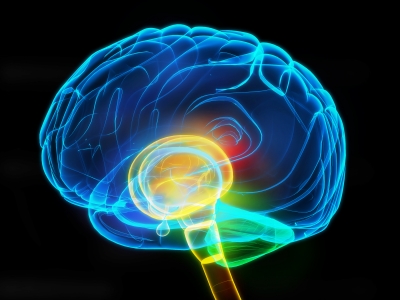In a brilliant talk, Daniel Pink highlights the huge disparity between “what science knows and what business does.” He makes the case that bigger financial incentives can narrow focus, reduce creativity and are successful only when the goal of a particular task is straightforward and does not require cognitive skill. He contrasts this with the incredible results that intrinsic motivators can produce, and argues for a new business approach that focuses on autonomy, mastery and purpose.
Related articles
- The Science Behind What Motivates Us to Get Up For Work Every Day [Psychology] (lifehacker.com)
- Harnessing Good Stress (psychologytoday.com)
- How to Measure Drive – Daniel Pink Gives a Motivation Founded Keynote to Push People to Excel (TrendHunter.com) (trendhunter.com)
- Series Of Good Dan Pink Videos To Use With Students (larryferlazzo.edublogs.org)






